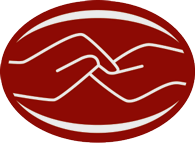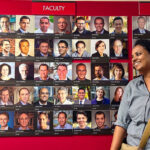A Retrospective Journey
By Shashika Guruge, Sri Lanka
“All this will not be finished in the first one hundred days. Nor will it be finished in the first one thousand days, nor in the life of this Administration, nor even perhaps in our lifetime on this planet. But let us begin” (John F. Kennedy’s Inaugural Address, 1961).
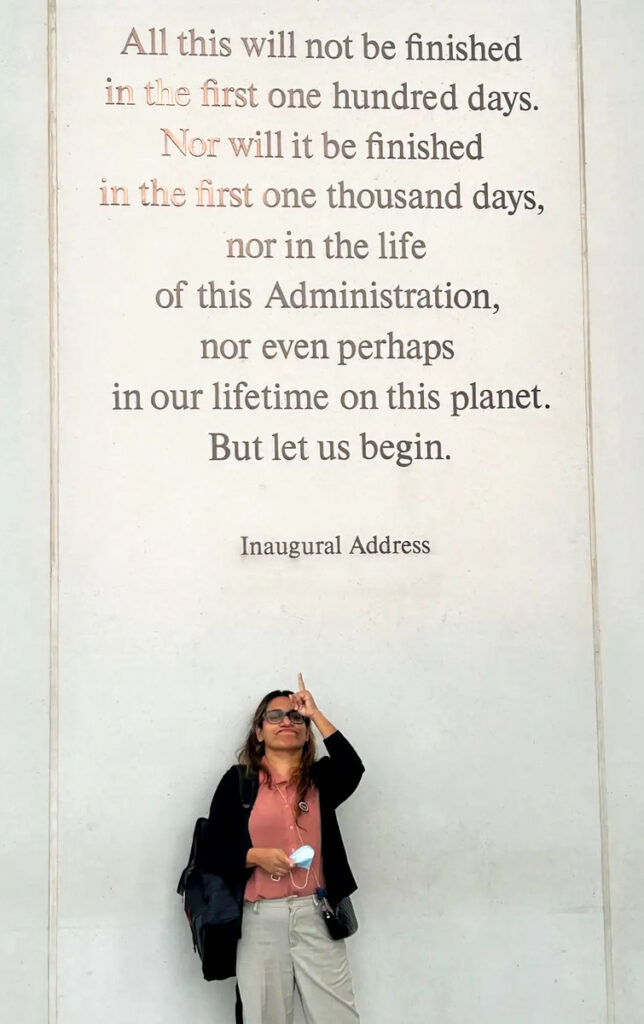
A key aspect of the SUSI program that I appreciate is its comprehensive approach, encompassing the sustainability with U.S. economy, environment, political landscape, education, and culture. My visit to the John F. Kennedy Presidential Library and Museum was particularly inspiring, as it highlighted his innovative strategic mindset and willingness to take risks to drive change. Regardless of one’s alignment with his political views, his commitment to progress is undeniable. From the auditorium of the State Department, President John Kennedy’s press conference was carried live on both radio and television. Although president Woodrow Wilson held the first presidential press conference and president Eisenhower held the first televised press conference, president John F. Kennedy was the first to use the medium of television to address the American people live without delay or editing. The public loved John F. Kennedy’s press conferences, although some of his advisors worried about the risk of mistakes by the president.
The cherry on top of the SUSI program was the session held at the Harvard Business School. I assume Kennedy’s affiliation with Harvard may have had some impact on his communication skills and strategic thinking. Case-based teaching at Harvard significantly enhances students’ strategic thinking by encouraging active participation in discussions, which helps them articulate their thoughts clearly and confidently. This method involves critical thinking and analysis of real-world scenarios, requiring students to explain their reasoning and defend their viewpoints, thereby honing their persuasive communication skills. Collaborative learning through group work fosters teamwork and enhances interpersonal communication, while structured feedback from instructors helps students identify areas for improvement. Additionally, discussing cases that mirror real-world challenges makes the learning experience more engaging and relevant. Overall, this approach not only deepens students’ understanding of course material but also equips them with essential skills valued in the workplace.
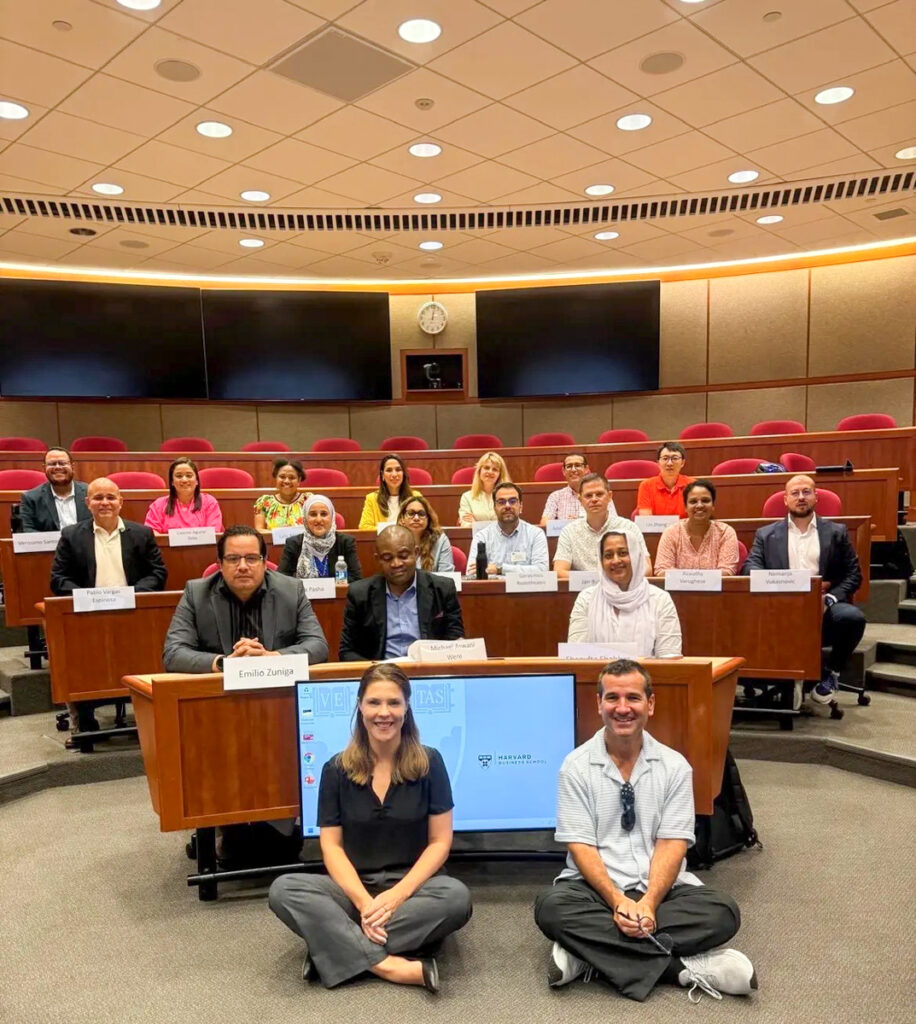
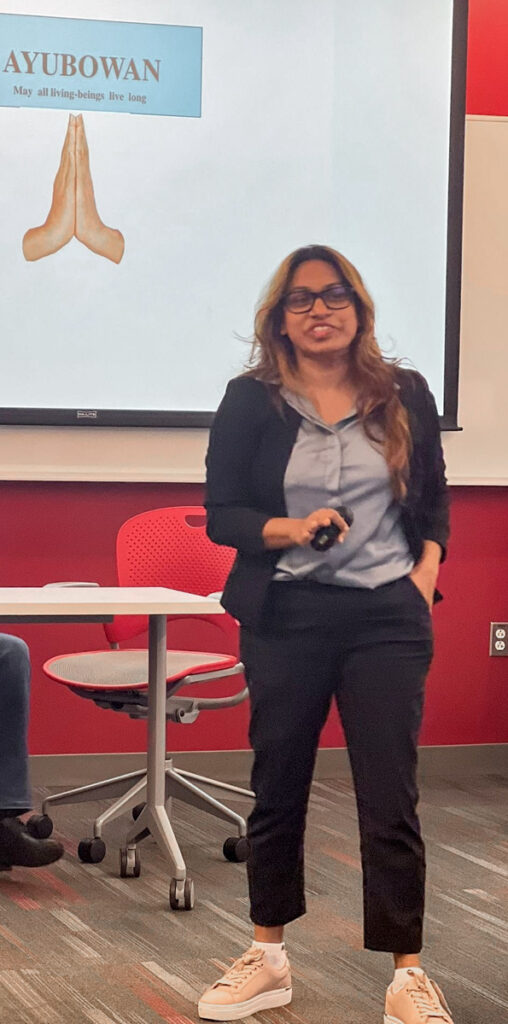
Working with 17 people from 17 different locations, each speaking a different language, provided me with a unique opportunity to significantly enhance my conceptual and communication skills. This diverse environment required me to adapt my communication style to effectively interact with each individual, fostering a deeper understanding of cross-cultural communication. The classrooms were always interactive and discussion-based, which further contributed to my development. Engaging in these dynamic discussions not only improved my ability to articulate my thoughts clearly but also improved my listening skills, as I had to understand and respond to various perspectives.
The SUSI program took me down memory lane of U.S. political history and opened my eyes to how higher education in the U.S. has been creating more strategically sound professionals for the future
All opinions expressed by the program participants are their own and do not represent nor reflect official views from the Bureau of Educational and Cultural Affairs of the U.S. Department of State, or of the Institute for Training and Development, Inc.
